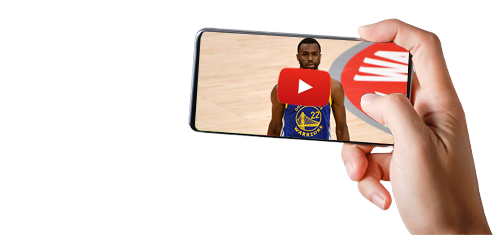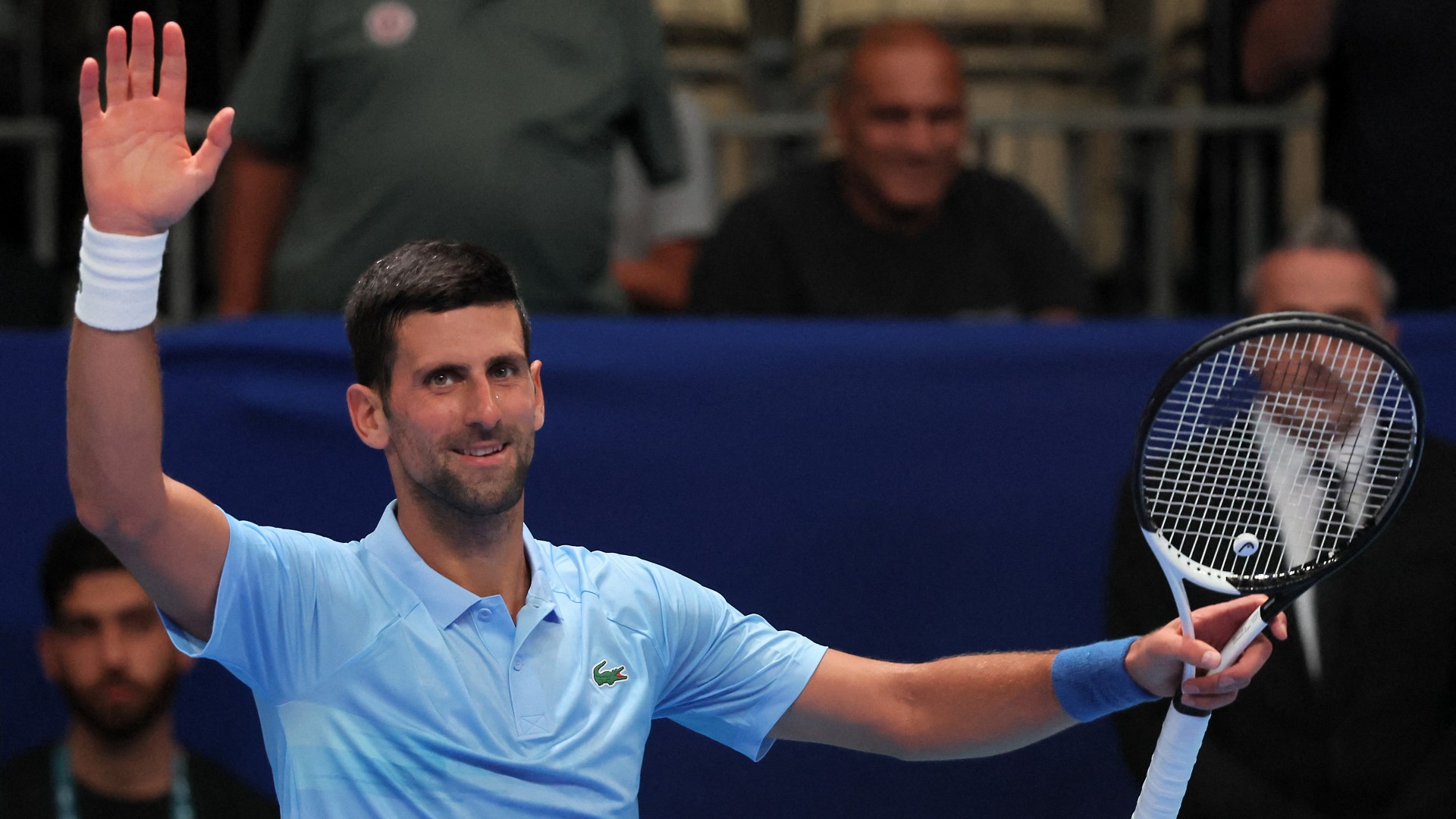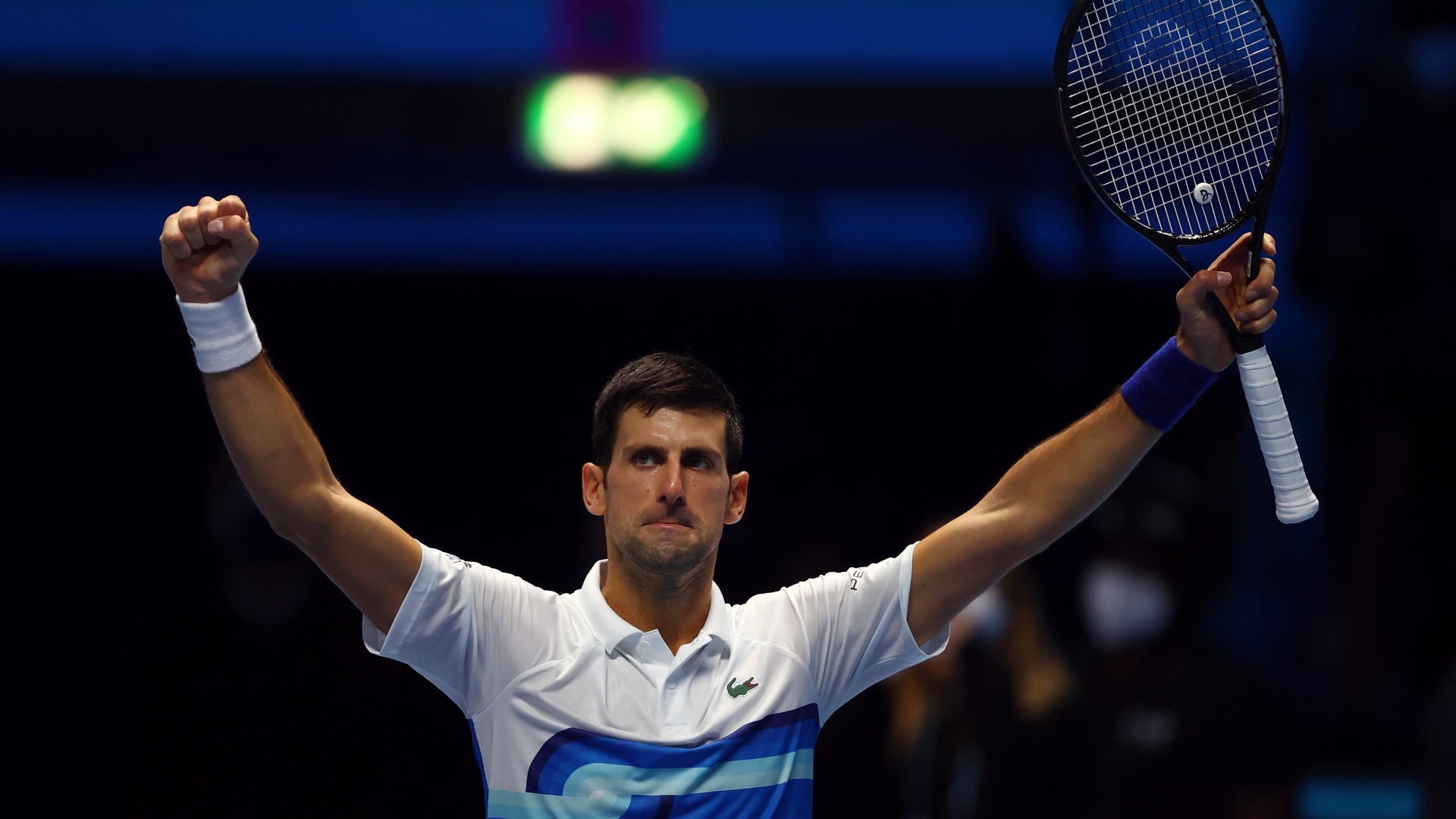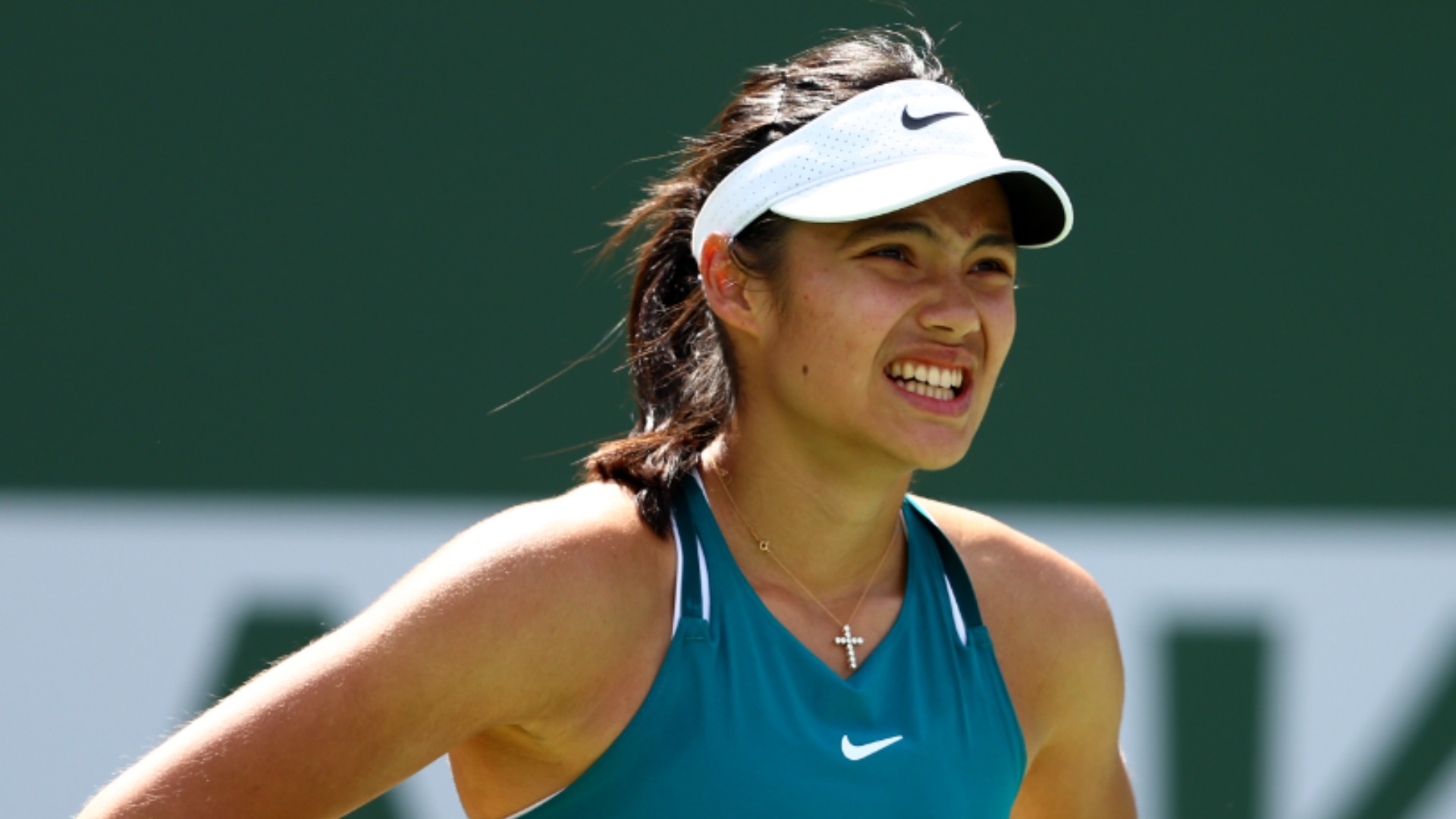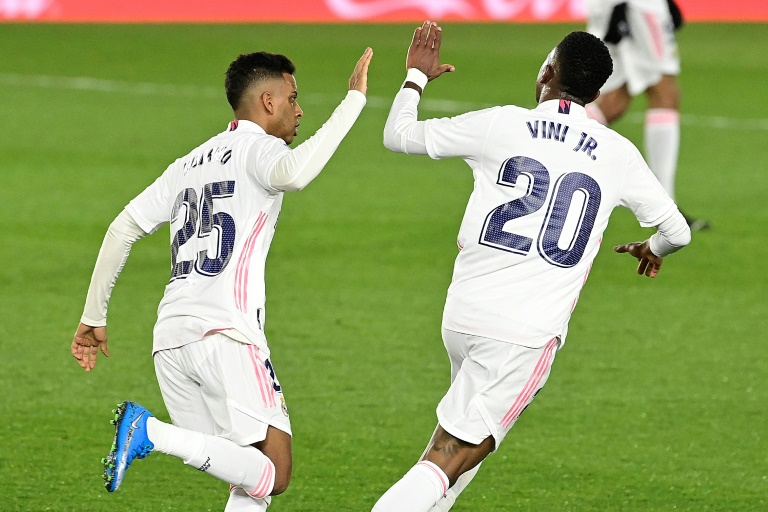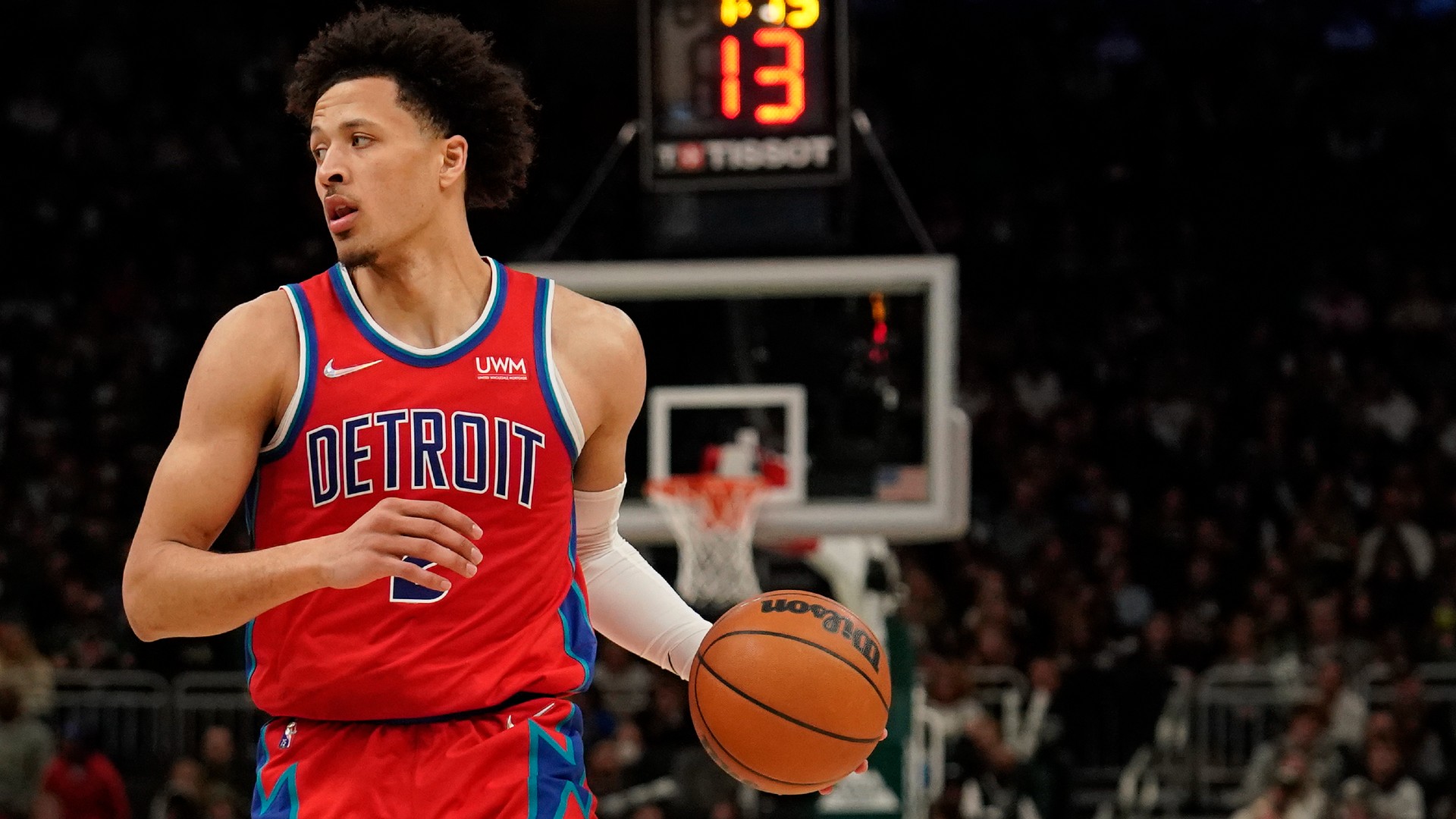
The NBA Rookie of the Year award won’t be handed out for quite a while but if the first month of the season is any indication, voters are going to have plenty of options to choose from.
With teams having played roughly the first quarter of the season, this seems a good time to look at how some of the top draft picks are faring as they navigate their first campaign at the highest level of basketball.
Cade Cunningham, Detroit Pistons
After a dreadful start, including missing the first four games due to a sprained ankle, Cunningham has looked more like a player worthy of being a top overall draft pick. In his first three games, Cunningham averaged just 8.7 points on seven-of-39 shooting (17.9 per cent) while misfiring on 20 of 21 from three-point range. He’s been far more effective the past six games, scoring 14.7 per contest on 36.3 percent from the field (33 of 91). It’s highly unlikely that someone with Cunningham’s ability will only shoot the 33.9 percent he’s at now. This is, after all, a player who shot 40 percent on three-pointers in his one college season.
His shot selection will improve as he becomes more familiar with the pro game and learns defender’s tendencies. Getting to the free throw line would also help improve his offensive efficiency since he’s only averaging 1.9 free throws per game, though he is shooting 88 percent (22 of 25). There is inherent pressure with being the first player selected and Cunningham will have to carry that weight throughout his career. But because the former Oklahoma State star has a high basketball IQ and can rebound and distribute at a high level, he doesn’t need to pile up points to affect a game’s outcome.
The Pistons also are clearly in rebuild mode now, so wins are secondary, giving the well-rounded Cunningham plenty of minutes and opportunities to learn on the job.
Jalen Green, Houston Rockets
Much like Cunningham, Green has the advantage of playing for a 2-16 Rockets team that have absolutely no expectations and are in a full-on rebuild for the foreseeable future. Green ranks third in minutes (555) among rookies and leads all first-year players in field goal attempts (228) and three-point attempts (115), so he’s clearly not lacking for opportunities or touches.
Like many rookie score-first guards, the super athletic Green has faced his share of struggles and mostly from an efficiency standpoint. He’s only shooting 38.2 from the field and 27.8 from behind the arc while dishing out 2.3 assists per game. While his overall numbers aren’t eye-popping, Green has shown flashes of what he can and likely will become. Chief among them is a 30-point, 11-for-18 performance – eight for 10 from three-point range – in a loss to the Celtics on October 24.
He also had 24 points on nine-for-15 shooting with five three-pointers, five rebounds and five assists in a loss to the Los Angeles Lakers on November 2. A case can be made that Green is right where he should be after his first 18 games when compared to other rookie guards who have gone onto All-Star status.
Zach LaVine, for example, averaged 8.1 points on 42.2 percent shooting in his first 18 games, while Bradley Beal averaged 11.9 points on 35.9 percent from the field during that same span. Green still has three quarters of the season left to improve and there’s no reason to think someone with his skill and athleticism won’t as he becomes accustomed to the pro game.
Evan Mobley, Cleveland Cavaliers
Off to the best one-month start of any 2021-22 rookie, Mobley suffered a sprained right elbow in a loss to the Boston Celtics on November 15 and is expected to miss multiple weeks. While his momentum was stalled, the seven-footer shouldn’t have a problem picking up where he left off upon his return to Cleveland’s line-up.
If the Rookie of the Year award was being handed out in November, Mobley might have the best chance to take home the hardware as he’s been equally impressive at both ends of the court. His offense has been better than expected with 14.6 points on 49.4 percent shooting and 8.0 rebounds and has even made eight of 26 from three-point range. He was tied for fourth in the NBA with 32 dunks through November 16 and has shown rare positional versatility.
There were questions about his offensive ability coming out of college but those have been answered and there’s little doubt that Mobley is on his way to becoming a scoring force for years to come. A stellar defensive player at USC, Mobley has continued that path in his NBA career, flashing outstanding timing and discipline in rim protection. He leads all rookies with 1.60 blocks per game and his 24 total blocks were the second most by any Cavaliers player through the first 15 games of a career (Hot Rod Williams, 30 in 1986).
Mobley’s injury has clearly left a huge void and the Cavs have been unable to compensate. They rank 26th in the league since November 17 in scoring defence (112.5) and have lost all four games without him following a surprising 9-6 start to the season.
Scottie Barnes, Toronto Raptors
Mobley’s biggest challenger for the coveted one-month rookie award would be Barnes, who leads this rookie class in scoring (14.8), rebounding (8.4) and minutes per game (35.1) while ranking second in field goal percentage (48.6).
The Raptors’ small forward is something of a Swiss Army knife with a well-rounded game and a tantalising set of tools. Barnes adjusted to the NBA very quickly, becoming just the second player (Shaquille O’Neal) since 1985-86 to accumulate at least 170 points and 85 rebounds while shooting 50 percent or better in his first 10 career games. Barnes’ 212 points through 13 games were the most by any player in Raptors history and that’s a franchise that drafted Vince Carter, Damon Stoudamire and Chris Bosh.
Besides Barnes’ ability to score, rebound and pass, he’s also excelling on the defensive end, often tasked with guarding the best player on the opposing team regardless of size. He’s already been matched up against seven-foot Mo Bamba, Jayson Tatum, Kevin Durant, James Harden and even some point guards. Barnes also has proven to be an adept ballhandler, which is a huge advantage when going up against other bigs.
Perhaps the only aspect of Barnes’ game that is lacking is his three-point shooting, as he’s only attempted 19 from long range and made five. The ability to stretch the court with deeper shots would make every other part of his offensive arsenal even more effective.
Josh Giddey, Oklahoma City Thunder
By most accounts, the best pure passer in this draft class was point guard Giddey. A little more than a month into his NBA career and nobody would debate that. Giddey seems like a good bet to lead all rookies in assists, as he’s totalled 105 thus far with the Sacramento Kings’ Davion Mitchell ranking second with 68. But it’s the Australian’s all-around game that has the rebuilding Thunder looking very smart for nabbing him with the sixth overall pick.
Besides scoring 10.8 points per game, the six-foot-seven playmaker is third among first-year players with 7.3 rebounds and leads all rookies with 101 defensive boards. Giddey’s performance in the first month has him among some elite company. With 105 assists and 131 rebounds in his first 18 games, he joins LeBron James and LaMelo Ball as the only teenagers to reach 100 in both in their first 20 NBA games. Giddey, who turned 19 last month, seems likely to record a triple-double soon after coming close on several occasions already.
After averaging 9.0 points on 37.1 percent shooting in his first 13 games, Giddey has heated up with 15.4 per game on 47.8 percent from the field in his last five games. Scoring is a bonus when it comes to Giddey, who has run the offense with the calm of a veteran and helped the Thunder be far more competitive than most expected.



